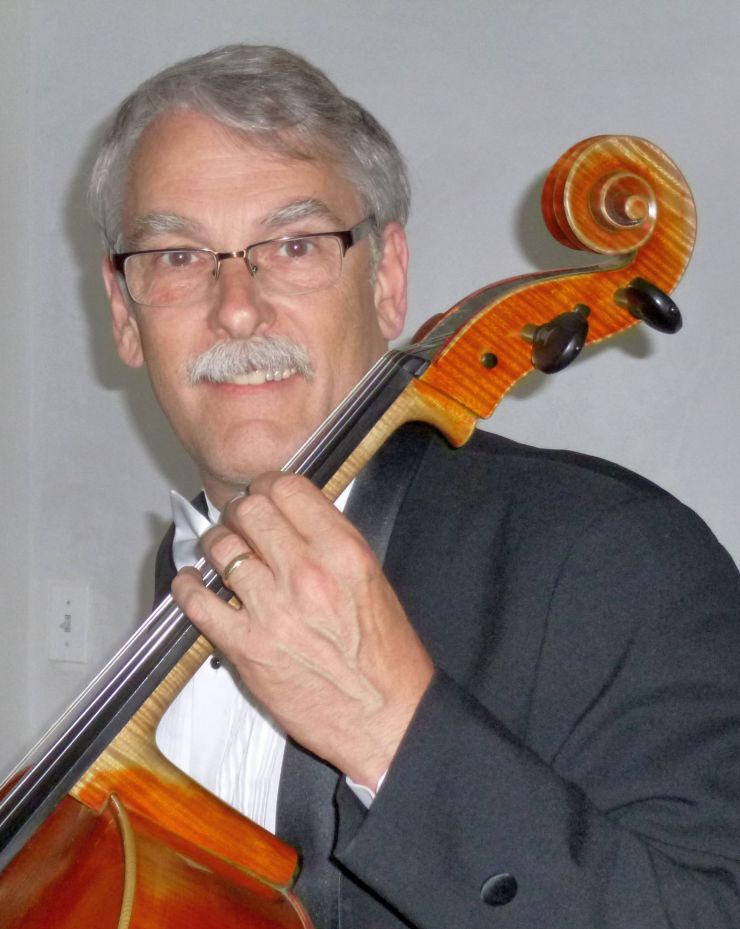1199SEIU Member Voices: Arthur Wharton, Lead Diagnostic Coordinator for the Radiology Department, Jordan Hospital
June 17, 2013
Q: Why do you believe it’s important to have a union at Jordan Hospital?
A: “It’s vital we have a union for representation and being able to have a say in the workplace. Without a say, there’s too much of the unknown. I think it is important to have worker input into the day-to-day operation of the hospital. There is too much at stake not to have a voice.”
Q: What made you want to become a delegate?
A: “I wanted to be involved in the negotiations. I wanted to make sure other workers could get a fair shake in their job. I wanted to make sure that everyone was given an opportunity without losing out.”
Q: Beth Israel Deaconess Medical Center, a large non-union hospital in Boston, is seeking to acquire Jordan Hospital. What has the atmosphere in the hospital been like with union members being aware of the potential acquisition?
A: “There’s the underlying unknown that all of us are faced with. We anticipate that it may be good for Jordan Hospital, but in the meantime, there are a lot of loose ends and there are a lot of changes in healthcare. We’ve seen a dramatic decrease in spending on resources like equipment and a decrease in patient volume. We haven’t seen a pay increase
while the cost of living is getting harder to handle for the majority of the workers.”
Q: What would you hope for in a new contract?
A: “There isn’t too much in the current contract that we would need to change in the future. There are a few things
we could improve on, possibly having some recognition for the jobs that have changed over the last few years and need
to be reevaluated and possible grade changes. We’d certainly like to see some increase in wages to keep up with the
cost of living.”
Q: Could you speak about any interests you have outside of union activism?
A: “I play the cello with the UMass Boston Chamber Orchestra as a community representative from Plymouth. It’s a mix of students and community members. I’ve been playing with them for the past eight years. Another friend of mine from Plymouth and I travel to Boston for rehearsals and concerts. It’s a small orchestra and I enjoy the diversion. I also played in the Quincy Symphony 10 years ago. I like the UMass group. I like the variety of music the conductor has chosen. It’s
mostly classical selections. A little bit of modern composed pieces, but mostly traditional, classical music.”
Q: How did you come to start playing the cello?
A: “Growing up in grammar school, I played cello and I continued to play it in high school and into college. I was
interested in it just being exposed to music at home. We had a piano. My brother and sister played instruments. Given a chance to choose an instrument, I chose the cello. I stopped playing for about 20 years or so and picked it up again about 10 years ago.”


